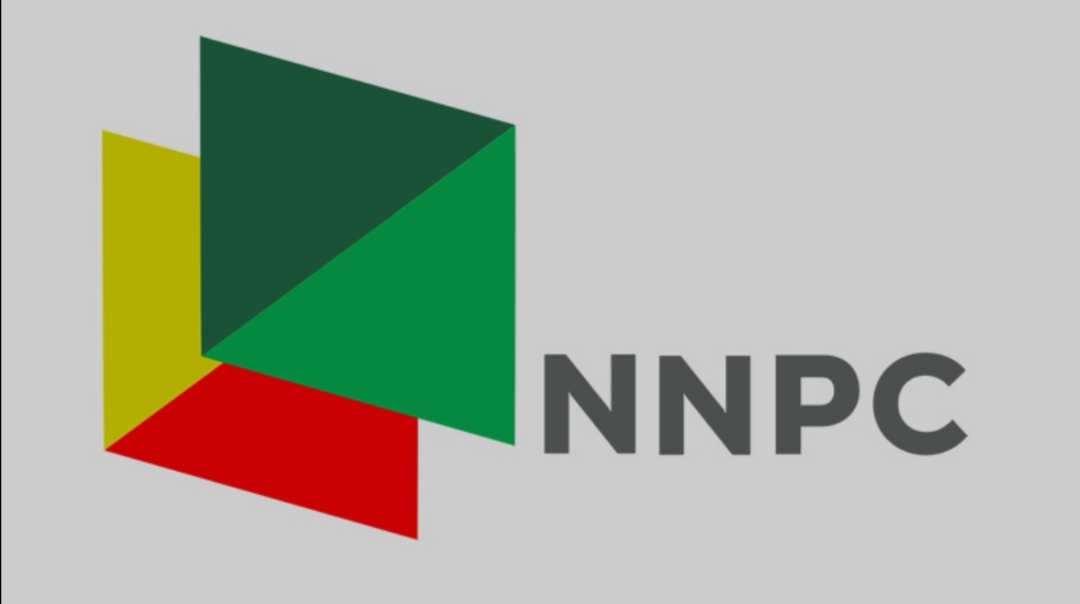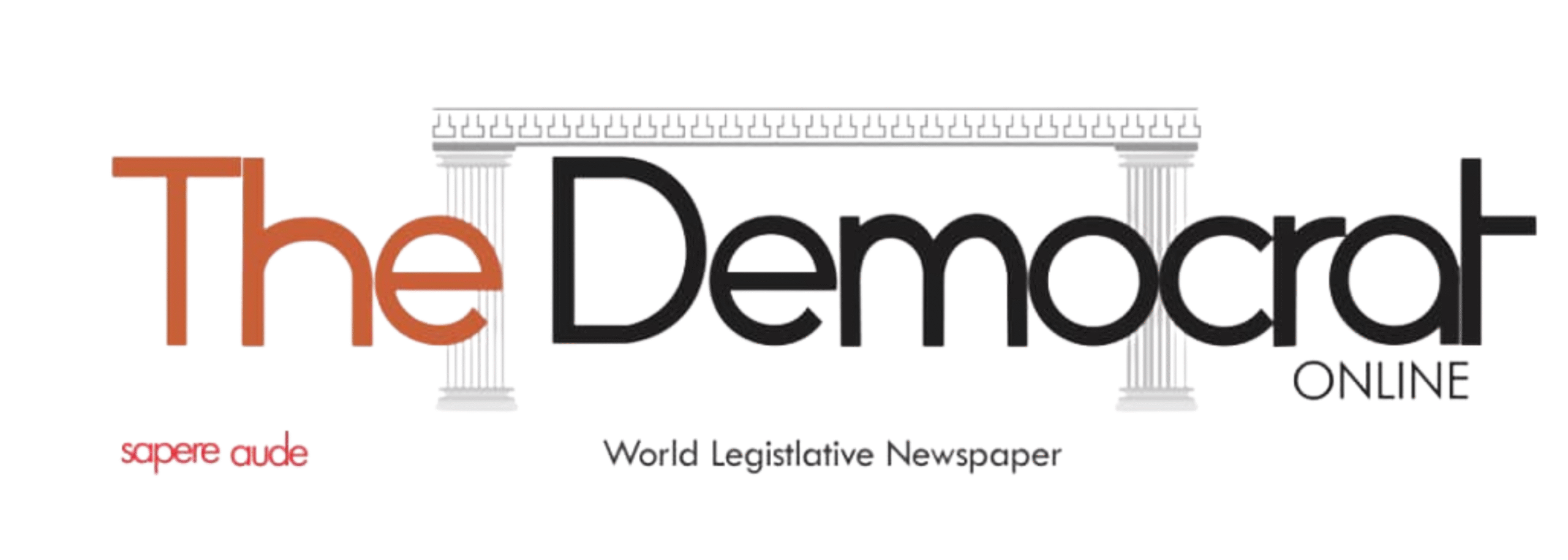
The Nigerian National Petroleum Company Limited (NNPCL) plans to incorporate green hydrogen feasibility studies into its long-term strategy, while also prioritizing digital transformation as a core operational focus.
Speaking at the 2025 Oloibiri Lecture Series and Energy Forum, GCEO Bayo Ojulari—represented by EVP Upstream, Udobong Ntia—highlighted the global trend of rising investment in digital technologies, with over $30 billion expected in 2025. He noted that technologies like automation, AI, and advanced analytics are reshaping the energy sector, and for NNPCL, digital transformation is now a central pillar, not just a support tool.NNPCL GCEO Bayo Ojulari, represented by EVP Upstream Udobong Ntia at the 2025 Oloibiri Lecture Series, emphasized that global upstream firms are set to invest over $30 billion in digital technologies in 2025.
He noted that digitization, automation, AI, and advanced analytics are transforming the energy value chain, adding that NNPCL now views technology not just as an enabler but as a core operational pillar.NNPCL sees digital technologies as essential for improving asset reliability, reducing costs, and cutting emissions. The company is using real-time reservoir monitoring, predictive maintenance, and AI-driven imaging for operational resilience.
As part of its gas-led transition, NNPCL aims to expand autogas for over 1 million vehicles by 2026, complete key infrastructure like the AKK pipeline, and integrate green hydrogen studies into its long-term strategy, aligning with Nigeria’s 2060 net-zero emissions goal.NNPCL stressed that energy security for Nigeria’s 200 million people is critical. The company contributes 1,500MW to the national grid, including 1,000MW from IPP JV, 650MW from firm JV, and 50MW from emergency plants.
Citing the IEA, NNPC highlighted global energy demand will grow 25% by 2040, driven by industrialization in Asia and Africa’s growing population. With 600 million people in Africa lacking electricity, there’s a clear opportunity for energy inclusion.Ojulari announced the $2.8bn Ajaokuta-Kaduna-Kano gas pipeline is 72% complete as of Q1 2025. NNPCL is also using technology to reduce production costs from $40 per barrel.
This year’s OLEF conference focused on “Driving Energy Sustainability Through Technology, Policy, and Supply Chain Excellence.” SPE Nigeria Council Chair Amina Danmadami highlighted OLEF’s role since 1991 in promoting dialogue and innovation, commemorating Nigeria’s first oil discovery in Oloibiri.OLEF remains a key platform for government, industry, and academia to collaborate. SPE Chair Amina Danmadami emphasized that while renewables dominate global discussions, oil and gas will stay vital to Nigeria’s economy and energy security.
She stressed sustainability through optimization, technology, and better policies. PTDF Executive Secretary Ahmed Galadima Aminu highlighted the Fund’s support for OLEF since 2015, recognizing its importance for policy dialogue and energy development in Nigeria and Sub-Saharan Africa.



